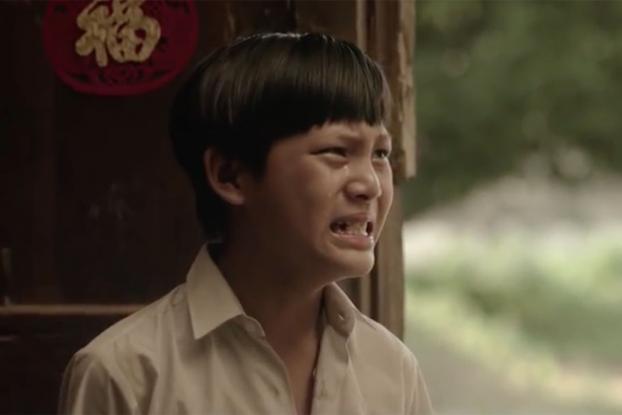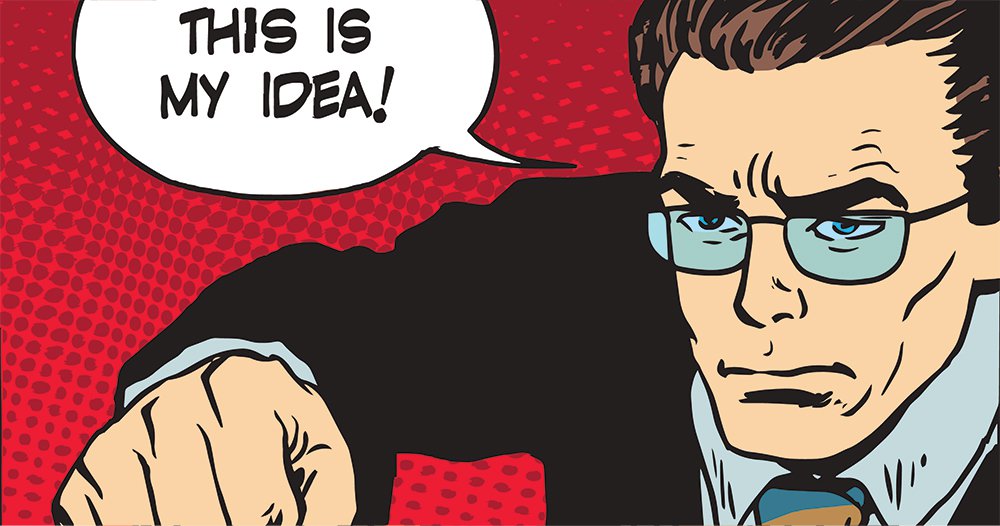How Can You ‘Protect’ Your Idea Under Malaysia’s Copyright Laws?
We spoke to IP law experts and creative industry insiders for answers.
In the past week, the ad industry has been abuzz with allegations that a major agency might have plagiarised a local filmmaker's story idea for a widely acclaimed CNY short film
Last week, local filmmaker and director Tan Chui Mui alleged that ad agency Leo Burnett had ripped off a story pitch she presented to the company in 2014 to feature in Petronas' 2016 CNY ad, 'Rubber Boy'. Her revelations were made in a series of Facebook posts accompanied with the hashtag #LeoBurnettPlagiarism.
"When my team met them, (Leo Burnett's) lawyer told them that Malaysian law does not protect ideas, and the creative writer said they had only used two of the major scenes, not the whole story," she wrote in her first post. She later clarified that the short film only used one major scene, which is her "whole story".
You can read her detailed account on the timeline of events here.
The issue raised a huge question mark - how developed does an idea have to be for it to be eligible for copyright protection under Malaysia's intellectual property laws?
To answer that question, we engaged some IP experts and industry insiders to get their insights on the issue.
In Malaysia, the governance of intellectual property (IP) is placed under the Copyright Act 1987. Copyright protection is accorded automatically to an original piece of work as long as it is expressed in material form, regardless of its quality.
Categories of works recognised and protected by the Act include literary, artistic, and musical works such as those in a book, manual, song, drawing, sculpture, film, sound recording, and computer source codes.
You can refer to the full version of the Act here.
Which brings us to the issue at hand - does an "idea" qualify for copyright protection? Yes, but only if it has already been produced in material and tangible form e.g. written down, drawn up, typed up, published, or performed in public.
According to IP consultant Mr. Boey, the key to determining whether or not an author is entitled to copyright protection depends largely on whether an idea has been put to production in material form.
Further explaining the provision, IP consultant Chua Sher Hann says, "The important thing to remember is that copyright does not protect ideas, it protects the expression of ideas. If your ideas are merely floating around in your head, then there is no copyright protection. But, if there are manuscripts or drafts, these drafts have their own copyright."
"For example, you and I can look at the same tree - an idea - and then we each create a watercolour sketch as an expression of the idea. I may have started sketching only because I saw you doing it, but I'm not infringing on your copyright," she added.
Besides requiring an idea to be expressed in material form, sufficient effort must also be expended upon it. As long as an author's work fulfills those terms, copyright is granted regardless of quality or its level of completion.
"Copyright protection is not subject to a certain level of completion. All that's required is that sufficient effort must have been expended. After all, completion is a subjective thing. Take, for example, Schubert's 'Unfinished Symphony'," Chua explains.
Does that mean the beginnings of an idea, even if scribbled or doodled on a piece of scrap paper, are also eligible for copyright protection? Technically, yes.
"Copyright is irrespective of quality. Even a toddler's scribbling on a freshly-painted wall has its own copyright," Chua says, adding that copyright for drafts is different from copyright for the end product.
Copyright is automatically accorded to eligible works, even for anonymous works, but it is highly recommended for authors to name and date their work. They can also take certain steps to obtain tangible proof of copyright:
Local filmmaker Baker, who admits to having had his pitches and even completed material adapted without his knowledge in the past, advises content creators to mail a hardcopy of their work to themselves via registered mail and to never open the sealed package unless needed.
Mr. Boey agrees, as the package will bear an official date stamp from the post office, which helps to avoid the "date of creation is subjective" argument.
On the legal front, Chua says that a copyright owner can affirm a statutory declaration, with a copy of their work annexed, before a Commissioner for Oaths.
Alternatively, they can also file a voluntary notification of their claims with the Copyright Controller and deposit a copy of an eligible work with the Intellectual Property Corporation of Malaysia (MyIPO) to be recorded in the Register of Copyright. Once the notification is successfully recorded, applicants can request for a certificate, which will be considered prima facie (accepted as correct unless proven otherwise) evidence in all Malaysian courts.
Supposing you are in a position where you are required to present your idea(s) to a group of people e.g. making a pitch to client, what precautions should you take to avoid potential rip-offs?
Chua and Mr. Boey advise content creators to sign a Non-Disclosure Agreement between two parties, so as to protect against information leaks for both sides.
Be that as it may, an industry insider reveals that ad agencies and production companies often have to compete with each other when pitching to clients, so that may not always be the best course of action. He recommends including a statement of copyright ownership and providing only encrypted PDF copies of your presentation decks to discourage reproduction and unauthorised edits respectively.
Now, what if an author did not obtain further proof of copyright nor take the aforementioned precautions? Will they still be able to seek damages when they deem their copyright to be infringed e.g. plagiarised?
According to Chua and Mr. Boey, they can. However, Mr. Boey explains that burden of proof is solely on the author, as they would have to prove that they have a material copy of the "work" before it was pitched or shown to anyone other than themselves in regards to the date of creation, amongst other things.
"Get a professional legal opinion from a lawyer who is well-versed in IP laws or an IP consultant who can provide further advice and legal avenues to protect yourself from alleged infringement and copycats. Reason being, the required proof is based on a case-by-case basis," says Mr. Boey.
In the event that the author decides to go ahead with a lawsuit, the courts will look into whether or not there substantial similarities between the original and allegedly plagiarised work
Chua points out that the term "plagiarism" does not have a legal definition in Malaysia, although it is widely understood to be an act of reproducing a copyrighted work without permission and/or implying that it is of your own creation.
"When assessing copyright infringement claims involving works alleged to be identical or similar, the courts will look at whether or not there is substantial similarities between both works," she adds.
Furthermore, Mr. Boey says that there are ways to get around allegations of plagiarism as people do not copy 100%, but modify it to some extent. Hence, when they are sued for copyright infringement, they will explain that they were inspired by the original idea to develop a new one.
Meanwhile, a resolution has yet to be achieved in regards to director Tan Chui Mui's allegations against Leo Burnett, although some key people involved with 'Rubber Boy' have disputed her claims and disclosed their side of the story
In a post dated 28 June by Ismail Kamarul, the director of 'Rubber Boy', it was revealed that the initial script for the 2016 project was an entirely different story titled 'Stolen Toy'. It was after the clients expressed concern that "stealing" is too negative that the story underwent a revamp. It then became 'Rubber Boy', a title conceived by Ismail himself.
"From then onwards, the agency creative team and me turned the script upside down, inside out, then put it back together again, writing and rewriting dialogues especially when Ah Hock tells his mother to 'work harder'. That was the pivotal scene to us," he wrote. You can read his entire post here.
Prior to Ismail's post, James Yap - a Creative Director at Leo Burnett - said that 'Rubber Boy' is a "personal family story" and maintained that the script bears no resemblance to Tan's. Read his post here.
"In the present fiasco, I think there is little debate on "ownership" of the work but rather the similarities in the works."




